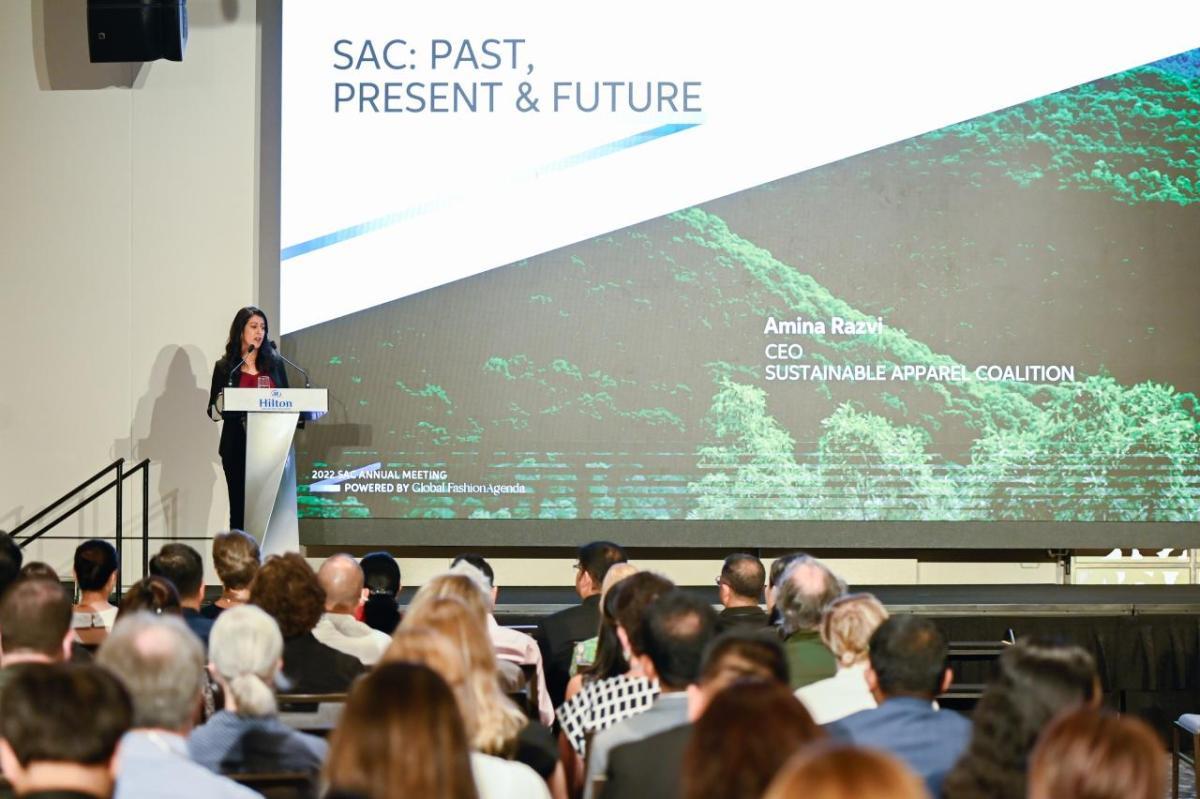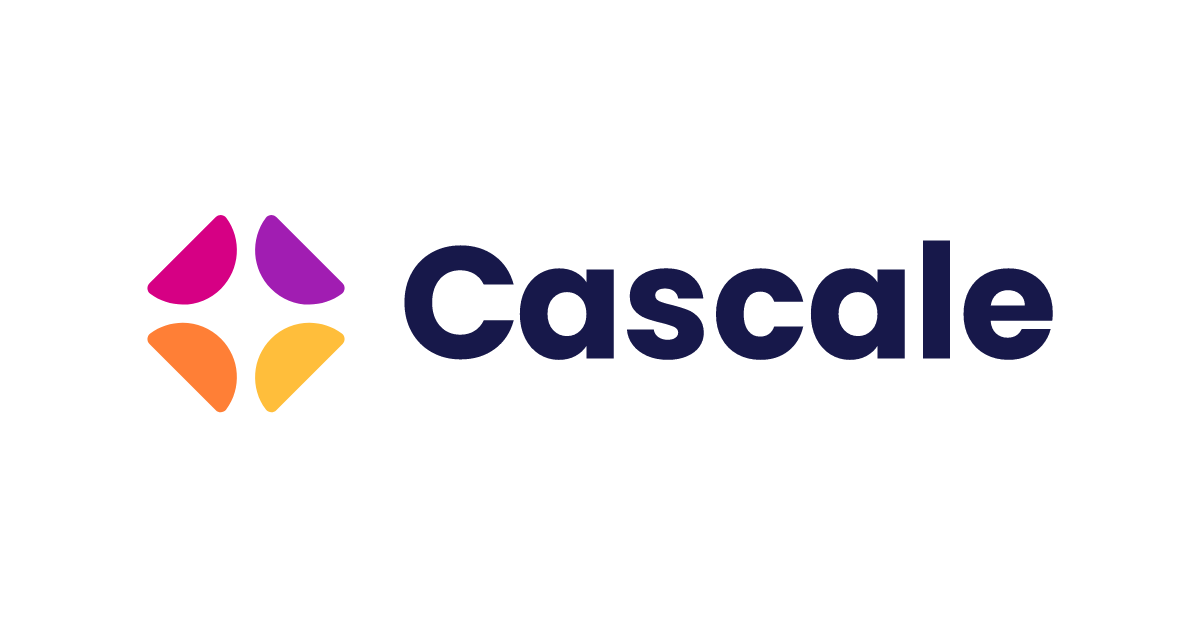Sustainable Apparel Coalition Launches 2022 Annual Report
Organization reflects on driving collective action through a year of increased industry scrutiny

SAN FRANCISCO, AMSTERDAM, HONG KONG, July 3, 2023 /3BL/ - The Sustainable Apparel Coalition (SAC), an impact-driven global convener of around half of the apparel and footwear industry, has today released its 2022 Annual Report, sharing the Coalition’s progress on driving collective action towards a more responsible industry.
Recognizing the urgent and systemic challenges faced by the industry that have become increasingly pressing year after year, the SAC firmly believes in the power of collaboration as the way forward. The organization’s mission is to transform business for exponential impact through harmonized tools, partnerships, and trusted leadership. Reflecting on this, Amina Razvi, Chief Executive Officer at the Sustainable Apparel Coalition, said:
“The textile and apparel industry has rightly been facing increasing scrutiny from consumers, stakeholders, and regulators alike when it comes to its impact and progress. Against this backdrop, 2022 provided an opportunity for self-reflection for the SAC. It has ultimately helped us to learn, grow and evolve. We are even more certain that collective action is the only way we are going to transform into an industry that gives more than it takes — to the planet and its people.
We’ve been working and collaborating with our members, industry experts, key stakeholders, and policymakers to help our members reduce their environmental and social impacts. We are taking these learnings into the year ahead to facilitate deeper collaboration and change across our industry.”
Since launching its 2021-2025 Strategic Plan, the SAC has made progress in driving collective action, advancing harmonized tools, and improving transparency; all central to a more responsible industry.
Highlights from the year 2022-23 include:
A growing community
The SAC continues to expand its membership, welcoming 18 organizations representing every part of the industry’s global value chain. In the past two years, the SAC has seen its largest growth in over a decade, with over 280 members from more than 33 countries. Today, more than 21,000 organizations around the world use the Higg Index, making it the most widely adopted suite of tools in the industry for measuring impact.
Driving decarbonization
The SAC launched its Decarbonization Program in December 2022, aimed at supporting and driving the adoption of science-based targets (SBTs) and urgent emissions reduction. Through initiatives like Peer-to-Peer Learning Groups and training, the SAC has been fostering collaboration, knowledge sharing, and concrete actions to reduce greenhouse gas (GHG) emissions. As of 2022, 46% of SAC members have set or begun the process of setting SBTs.
Ongoing evolution of tools
The Higg Index continues to play a vital role in measuring and understanding the industry's impact. In 2022, the SAC made progress in evolving the suite of tools. The development of the Higg Facility Environmental Module (FEM) 4.0 and the major revision of the Higg Brand & Retail Module (BRM) have improved the relevance of the tools in today’s landscape as the industry continues to evolve. The Higg Materials Sustainability Index (MSI) had one of its largest updates to date, with the addition of more than 20 new materials and processes, a new material category for leather alternatives, and more.
An independent third-party expert review of the Higg Index is being carried out to ensure continuous improvement of the suite of tools. The SAC is working with KPMG to coordinate the project, including the recruitment of three panels of independent experts, and is aiming to share findings in the coming months.
Deepened partnerships and collaboration
In November of 2022, nearly 500 representatives from the industry came together for the SAC Annual Meeting in Singapore. The location was selected to recognize the critical role the APAC region plays in driving and sustaining the industry and to highlight the importance of engaging stakeholders from the global south who must have an active voice in co-creating industry solutions.
Looking ahead
As the SAC reflects on the evolving needs of the industry, it remains committed to driving positive environmental and social change. The organization is currently conducting a review of its strategic plan to expand its focus and drive greater impact.
Dr. Delman Lee, Vice Chair at TAL Apparel, and SAC Board Chair, said: “The SAC's vision is rooted in the belief that businesses have the power to make a positive change in the world. But this can only be achieved through taking action as a collective and forging deeper partnerships.
“The SAC Annual Meeting in Singapore was a good step in bringing together organizations and voices from across the whole value chain to collaborate and co-create solutions to some of the biggest issues our industry and planet are facing."
– ENDS –
About the Sustainable Apparel Coalition:
The Sustainable Apparel Coalition (SAC) is an independent and impact-creating organization that aims to lead the industry toward a shared vision of sustainability based upon a joint approach for measuring, evaluating, and improving performance.
As a non-profit organization, it has members from across the apparel, footwear and textile sector, but exists independently outside any one company so that it can drive progress. The SAC’s collective action efforts bring more than 280 global brands, retailers, manufacturers, NGOs, academics, and industry associations together. They represent about half of the apparel and footwear industry along the whole supply chain – from sustainability pioneers to organizations just getting started.
Before the SAC existed, companies worked in a siloed way, using their own programs and measurements that lacked standardization and an ability to drive collective action. In 2009, Walmart and Patagonia identified this as a serious problem. Joining forces, they brought together peers, competitors, and relevant stakeholders from across the sector to, on a pre-competitive basis, develop a universal approach to measuring sustainability performance and founded the SAC.

